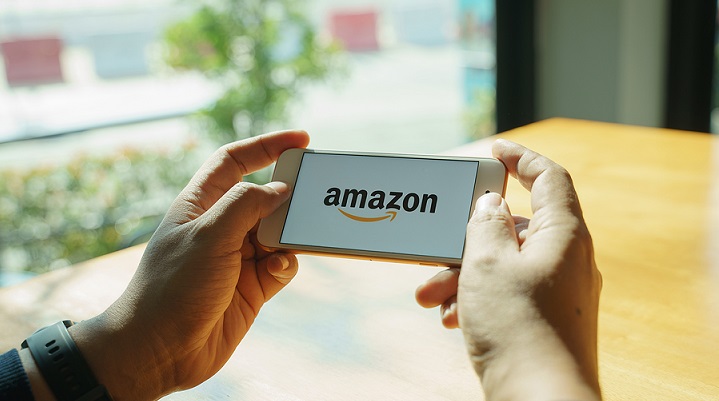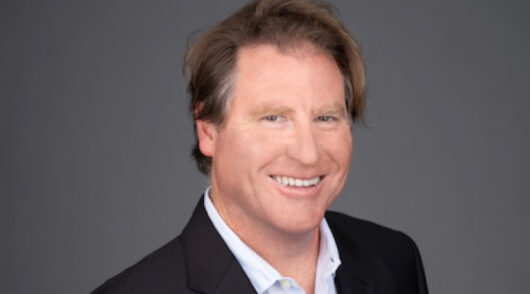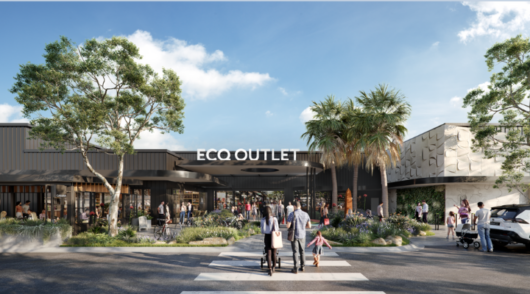The ability to control the customer experience and gather data along the entire shopping journey by selling through your own stores and websites is more valuable than the reach and scalability that marketplaces offer, according to retail leaders.
Two teams of retail experts, led by Accent Group CEO Daniel Agostinelli and former Super Retail Group CEO Peter Birtles, debated the benefits of being a pureplay retailer (selling via your own bricks-and-mortar stores and e-commerce sites) versus marketplace seller at Retail Global on Tuesday, with the audience ultimately siding with team pureplay. But not before each team made a compelling case for their respective strategy.
Here’s a look at their key arguments.
Marketplaces: all about growth
The core strength of marketplaces can be summed up in two words: growth opportunity.
The biggest marketplaces in the world, such as Amazon, Ebay, JD.com, Tmall and Flipkart, attract hundreds of millions of shoppers each year, and even local marketplaces in Australia, such as Catch and Kogan, have over a million active customers.
Since very few brands and retailers are capable of reaching that number of customers through their own channels, selling on a marketplace can be an effective way to grow brand awareness and sales.
“Growth is everything,” said Carl Hartmann, co-founder of Lyre’s Spirit Co, who helped make the case for the marketplace team.
Rather than wasting time opening stores, launching e-commerce sites and building a customer database, “you could have just gone to a marketplace”, he said.
The ability to drop-ship through a marketplace means retailers can test out new products, categories and markets without a big upfront investment. And while marketplaces take a cut of every sale that occurs on their platform through their ‘commission rate’, Travis Wright, the general manager of Esther & Co., argues this is worth it, given the amount of money brands and retailers would otherwise need to spend on marketing through Facebook or Google.
“Look at a commission rate as the cost of acquisition,” she said.
At the end of the day, marketplaces are where the growth is happening in retail, according to Birtles.
“Today, the number two retailer in the world is Amazon, JD.com is number seven and Alibaba is knocking on the door of the top 10,” he said.
Pureplay: a better customer experience
While sticking to your own bricks-and-mortar stores and e-commerce sites is unlikely to deliver the same level of top line growth as selling through a marketplace, it’s a smarter move in the long run, according to Agostinelli.
“If you look at the big brands of the world — take Nike – they’re not on Amazon. There’s a reason for it. It’s brand destroying. You may get more sales, but you’ll destroy your brand,” he said.
Because marketplaces stock a wide range of products, from high-end sneakers to lawnmowers, and don’t segment them in a sophisticated way, brands can end up losing value in the eyes of the consumer.
Agostinelli also pointed out that marketplaces have a reputation for undercutting their own sellers.
“Once [marketplaces] figure out how strong your brand is — if you don’t own that brand, they will go direct,” he said. “That’s dangerous.”
Pureplay retail is also more profitable than marketplace selling. Between the cost of shipping, returns and commission rate, retailers and brands can end up sacrificing up to 55 per cent of their margin by selling on a marketplace, according to Rachel Tigel, general manager of digital and CX at ThreeByOne.
“As you scale, your costs remain relative,” she pointed out. “There are no economies of scale with marketplaces.”
However, the biggest benefit of pureplay retail is the ability to control the customer experience and gather customer data along the entire shopping journey.
“We own the data. It’s our customer, not a marketplace customer,” said Julie Mathers, founder and CEO of Flora & Fauna.
“If you give marketplaces 15 per cent [commission], then they are marketing to [your customer] and you’ll never talk to them.”






